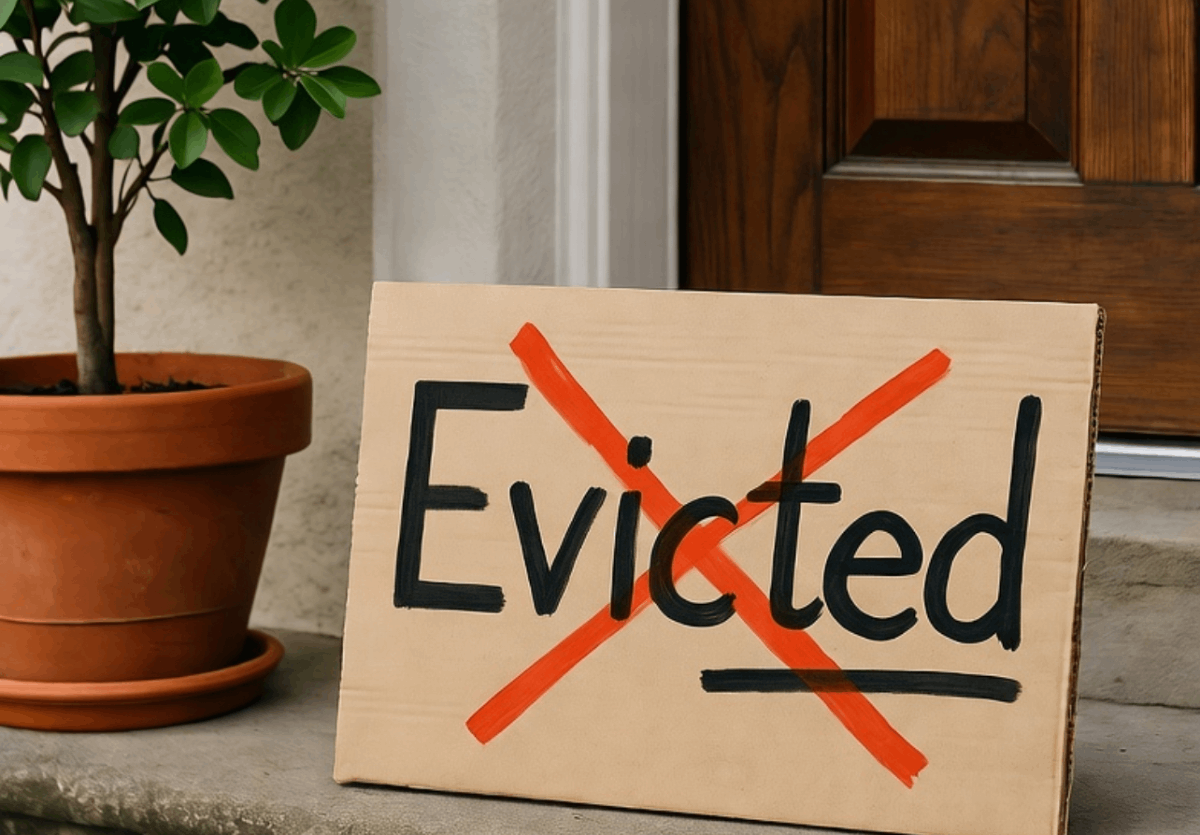In a bold move to shield vulnerable residents from the ripple effects of federal gridlock, Atlanta Mayor Andre Dickens has issued an executive order imposing an immediate moratorium on residential evictions and water shutoffs.
The pause will remain in place through January 31, 2026—or until federal funding is restored, whichever comes first.
Mayor Dickens Halts Evictions Amid SNAP Crisis
The announcement comes as the Supplemental Nutrition Assistance Program (SNAP), commonly known as food stamps, faces a critical lapse in federal funding due to an ongoing government shutdown now entering its 30th day.
SNAP benefits, which support food security for approximately 260,000 people in the Atlanta metro area—about 13% of the local population—were halted November 1, leaving families, seniors, children, and individuals with disabilities in precarious financial straits.
“No resident should go hungry or wonder how they will put food on the table because of a government shutdown or a failure to agree on policy decisions,” Dickens stated during a press conference on October 30, flanked by City Councilmembers Jennifer N. Bond, Andrea Boone, and Antonio Brown, as well as leaders from the Atlanta Community Food Bank, Goodr, and Atlanta Public Schools.
“No one should have to worry about losing their home or water access while trying to put food on the table,” he added in a follow-up statement.
A Multi-Pronged Emergency Response: ATL CARES Initiative
The moratorium is a cornerstone of the newly launched ATL CARES (Community Action & Relief for Emergency Support) initiative, a comprehensive emergency plan designed to combat food insecurity and financial hardship during the funding uncertainty.
Under the order, the city’s Department of Watershed Management will suspend all water service terminations for non-payment, ensuring uninterrupted access to this essential utility. 4
On the housing front, the directive extends to key city partners, including the Atlanta Housing Authority, Atlanta Beltline Inc., Fulton County/City of Atlanta Land Bank Authority, Invest Atlanta, Partners for Home, and the Department of Grants and Community Development.
These entities are prohibited from issuing eviction notices, initiating eviction proceedings for non-payment of rent, or imposing late fees in city-owned, sponsored, or funded housing units.
Beyond immediate protections, ATL CARES emphasizes community mobilization. The Atlanta Community Food Bank is deploying $5 million from its reserves to procure over 6 million pounds of emergency food for distribution in the coming weeks.
Partnerships with organizations like Goodr Community Market, Hosea Helps, and faith-based groups are coordinating food drives, distributions, and donation drop-offs.
Read how SNAP recipients can get food discounts in Atlanta.
City officials are urging residents, schools, and businesses to contribute non-perishable items and organize local collection efforts.
Resources and donation opportunities are available on the City of Atlanta’s website (atlantaga.gov) and social media channels, with additional support from non-profits and private partners in the works.
Broader Calls for Action Amid Federal Stalemate
Mayor Dickens’ actions underscore growing frustration with the federal shutdown, which last week prompted the U.S. Department of Agriculture to notify the Georgia Department of Human Services that SNAP payments would not be issued starting in November.
Georgia Democrats have amplified calls for state-level intervention, while the mayor has pressed state and federal leaders for a swift resolution to avoid long-term disruptions. 1 4
This isn’t the first time Dickens has championed relief for housing and utility affordability; the moratorium builds on his administration’s ongoing initiatives for affordable housing and utility assistance programs.
As the shutdown drags on—nearing the 35-day record from 2018-2019—local leaders warn that the SNAP lapse could exacerbate Atlanta’s existing challenges with food deserts and economic inequality.
Final Word
For more information on ATL CARES or to get involved, visit atlantaga.gov or contact the Mayor’s Office at (404) 330-6100.
City officials continue to monitor the situation and pledge to adapt as needed to support Atlanta’s families through this crisis.
More Coverage:





